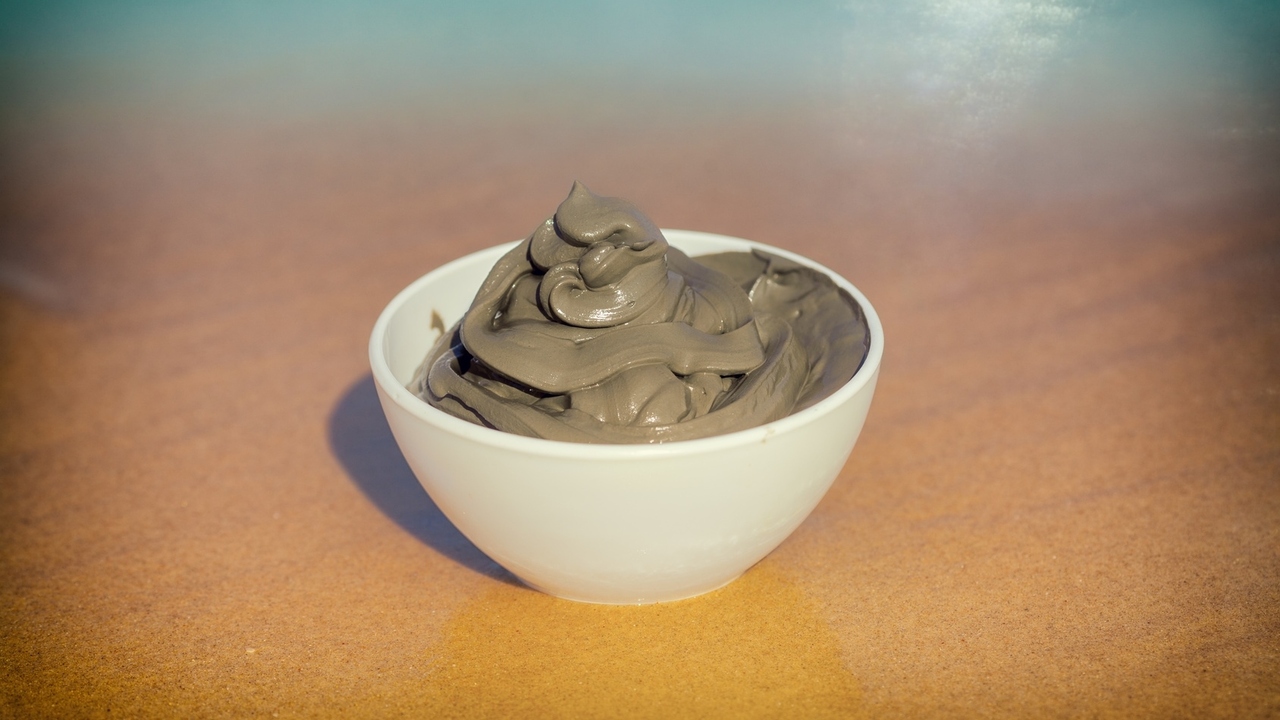Dr. Mao explains which foods women can eat to help ease their digestive problems.
Dr. Mao:
Let's talk about digestion. Most of my patients, female patients, come to me and they say to me, “Dr. Mao, I am bloated all the time. I am constipated. I have gas. I have all kinds of problems; heartburns, indigestion, well, what can I do in my diet or lifestyle?”
So what I brought today are some of the things I want to talk to you about because it’s critical to have good digestion. If you don’t have good digestion, forget it, you have no energy, right? Because everything you eat gives you energy and nutrients, and if you don’t have good digestion, you can’t absorb, you can’t process, and you end up feeling really, really, stopped up, which is very uncomfortable.
So critical to have excellent digestion, but how do you do it? I look at the American diet; it’s terrible, it’s awful. What do you do? You eat a hamburger and then you chase it down with some kind of a soda, as an example, or drink coffee, and this is, this is not the way to treat your digestion. You must be good to your digestion.
Coffee, for example, what’s wrong with it? Some people tell me it’s a laxative, so keeps them regular, but it’s also very acidic, and it can upset your stomach. That’s one of the reasons you have a heartburn and you have to take medication all the time. So let's talk about things starting from the top. Heartburn, indigestion, acid reflux, probably the most common problem in America.
If you look at prescription drug sales, if you look at over-the-counter drug sales, antacids, acid blockers tops the list. So why do Americans have so much stomach problems? Well, diet is key. Let’s talk about things that actually can help you. Heartburn, ingestion. Your body produce too much acid for a number of reasons. One, you don’t produce enough gastric enzymes. The enzymes are needed to digest different types of food. You need different kind of enzymes for starch, for meat, for vegetables, and other foods, more exotic foods.
So to compensate, your body will produce more acid to break down the food, so that’s one. Two, you might have bacteria in your stomach. The most common cause for a gastric reflux or indigestion problem is a bacterica called, Helicobactor pylori, otherwise known as H. Pylori. So, this little bacteria hides in your stomach. Your stomach keeps producing more acid to try to kill it, but guess what, this bacteria is somehow immune to your acid, all right? But the body doesn’t know. The body just keeps producing more so you have heartburn, indigestion.
The third cause is stress. Stress can increase your acid production because what happens is that as your stress hormones, the cortisol goes up, adrenaline goes up, your secretion of acid also goes up. So there you have it, the three top causes, from stress, from insufficient enzymes, and from bacteria.
Well, if you don’t have enough enzyme, this little fruit right here called papaya happens to be fabulous because it’s filled with digestive enzyme papain, and it helps you with digestion. So if you eat papaya, it will help you actually reduce your acid production, meaning the excess acid production. So papaya and improved digestion helps to relieve your reflux problem, your indigestion problems.
So as you go down the pipeline, if you will, from the stomach through the small bowels, through the large bowels, there could be problems along the way. You could have a difficulty in digestion, in breaking down nutrients and absorbing, and you can have problem absorbing the wrong things. So why don’t we talk about something that’s near and dear to my heart, or my intestines, I should say?
These little things here, these things by the way are called dry plums, otherwise known as prunes. Now 90 percent of all dry plums are grown in California, which is really remarkable, but what’s so special about these little fruits? Well you see, dry plums are perfectly balanced in their fiber contents. We have soluble fiber, we have insoluble fiber. The soluble fiber actually helps to slow down the sugar delivery into your blood streams. While the insoluble fibers traps all the toxins, including cholesterol, and then gets rid of it from your body.
And we all know dry plums or prunes can help you with your bowel movement, help you if you are constipated. So a handful of this every day would ensure that you have good digestion. Now what about these other things? What are the little things? These are figs. Now you’ve never had fresh figs, you owe it to yourself to buy some fresh figs when it’s in season. It’s in season in the late summer – excellent time.
You get these figs are really plump and juicy, and they are just kind of cracking open and you put in your mouth, there’s an incredible satisfaction from their rich taste. And both dry plums and figs are rich in iron, and these are your non-constipating source of iron because figs also help with your digestion, helps to keep you regular. So that’s another thing you should add to your repertoire, your diet.
Then we have another thing here which is beets. This vegetable here is very rich in this red pigment, all right, anthocyanins, which in fact all these purple, dark fruits and vegetables all contain, and this pigment anthocyanin really is very potent antioxidant. So when you eat them, you are actually helping your body in your anti-aging efforts here. So now beetroots and beet greens, both are lubricants also rich in iron, but that helps you really lubricate, keeps your intestines moving, and in fact, the fibers in the fruits and vegetables here, the dry plums, the figs, and the actual beet.
The fiber, another good property for soluble fiber is that they are food for your good bacteria. Now you need good bacteria in your intestines because if you don’t, then the bad bacteria takes over, and those are the ones that wreaks havoc. It gives you lots of bloating and gas, makes you tired, and gives you all kinds of problems, even aches and pains in your muscles. So that’s why it’s so important to eat.
So when patients come in they say, “Gee Doc, I am constipated. I am not regular. I am bloated. What should I do?” I say look, "Eat some beets and cabbage, make sure you cook them, don’t eat them raw, and then for fruits, eat the dry plums and figs and that will help you keep you regular; the papaya will do the same."
This is a cabbage, by the way. This happens to be a purple cabbage as opposed to a regular green cabbage, and the purple in this, again, the pigment, the anthocyanins are wonderful as an antioxidant.
The cabbage provides the roughage, the fiber, the nutrients, plus cabbage is such a good thing because research shows that it actually can help prevent colon cancer. Why? Because the cruciferous vegetables have anticancer properties and particularly cabbage.
About Maoshing Ni Ph.D., D.O.M., L.Ac., A.B.A.A.H.P.:
Dr. Mao, as he prefers to be called, is a 38th generation doctor of Chinese medicine, a Licensed Acupuncturist, a Diplomat of Chinese Herbology, and a Diplomat in Anti-Aging.
For over 20 years, Dr. Mao has been in general practice at Los Angeles, California’s Tao of Wellness, an acclaimed center for nutrition, Chinese medicine, and acupuncture, with special interest in immune, hormonal, and aging-related conditions. He is also the founder and Chancellor of the Yo San University of Traditional Chinese Medicine in Los Angeles that is considered the premiere school for Chinese medicine outside of China.
Visit Dr. Mao at Tao Of Wellness
























